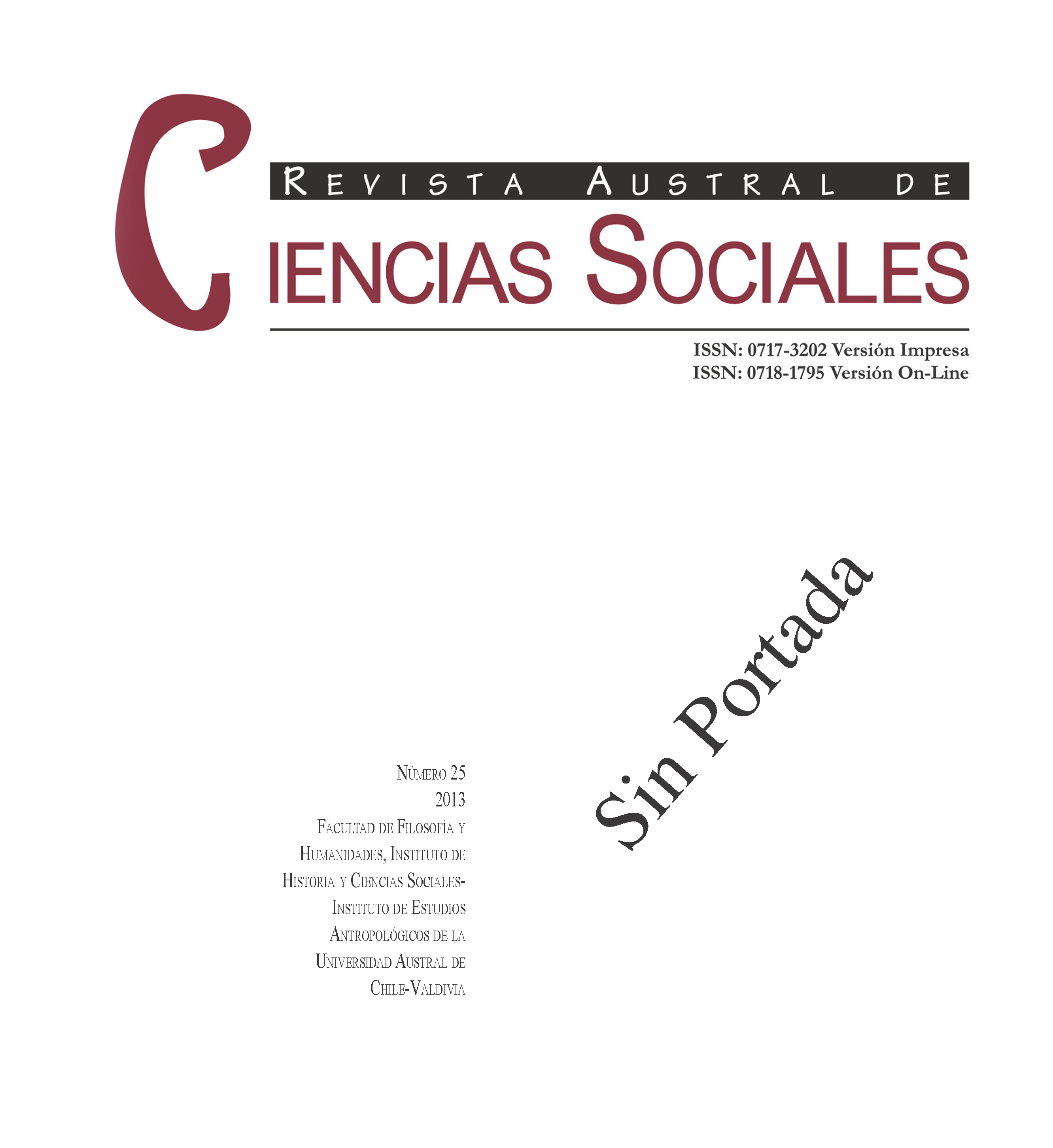Descendent groups and the Aymara land ownership in the highland at the Northern Chile (Arica y Parinacota Region)
Main Article Content
Abstract
In this paper, through an ethnographic case, we describe and discuss the role that currently plays the descendent principles in the access to land ownership among the Aymara farmers in the highland region of Arica-Parinacota region at the northern Chile. In particular, we investigate the continued validity of the highland model of patrilineage and the operation of so-called "succesorial communities", their relationship with the land as a collective resource and the customary mechanisms applied to this goal, as well as the legal strategies that these Andean subjects have developed within the framework of regional socio-historical processes. As results, we observe the validity of the patrilineal principle in access to land ownership, and the concomitant importance of lineage in terms of defining access to land ownership.

